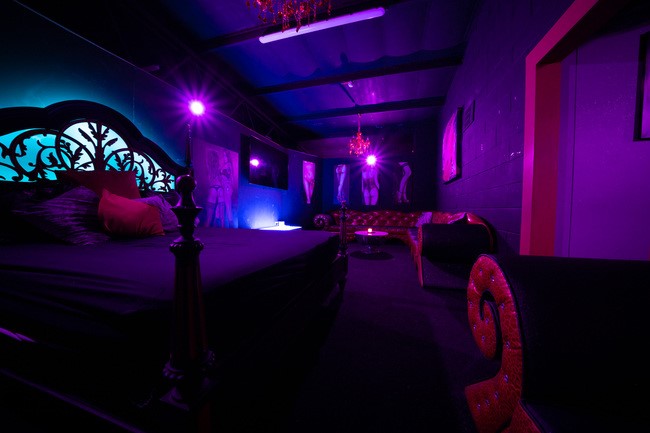News
The demand for UK Sex Clubs Is Higher Than Ever – Is Monogamy Broken?
Since the early 2000s, ‘swinging’ or ‘lifestyle’ clubs in the UK have grown dramatically in popularity. Around Valentine’s Day, however, it may seem as if traditional monogamous values still rule the masses.
More and more people are viewing monogamy as outdated, which is reflected in the number of swingers clubs. In 2003 there were as little as five on-premise sex venues. Today, there are well over 40 clubs in the UK suggesting that monogamy is not as mainstream as once thought. A huge uptick in attendance and memberships post-lockdown suggests that people are needing these spaces more than ever.
Unlike strip clubs, lap dancing clubs, LGBTQI+ bars or sex entertainment venues, swinger clubs are places where men and women choose to have casual, often anonymous, sex with each other.
In spite of their growing popularity, little is known about swinger clubs, and there has been limited research on who visits them and what happens inside.
Dr Chris Haywood, a Reader in Critical Masculinity Studies at Newcastle University UK is beginning to address some of these questions.
Over-40s: The new sexual generation
During Haywood’s research, he found that swinger clubs are places where a variety of sexual activities take place. From orgies to threesomes, cuckolding and hotwifing, inter-racial and inter-generational sex, the name ‘swinger club’ has become a form of cultural camouflage, a kind of safe placeholder that belies the range of sexual encounters that take place on premises.
In addition to their growth, swinger clubs are now attracting an interesting demographic. From a sample of 6837 people who attended sex clubs and left reviews of their experiences, two-thirds of men and women visiting clubs were over forty years old.
76% of women attending these clubs identify as bisexual or bi-curious. Whereas only 12% of men attending clubs publicly identify as bi- or bi-curious. Many of the spaces within these clubs however offer dark rooms, glory holes, and grope rooms which provide ‘anonymised’ same-sex male encounters. Sex clubs might seem intimidating—but they offer a space for heterosexual men and women to try things out, without judgment or a sense of shame.
It’s not all about upside-down pineapples, pink flamingos, and pampas grass
Sexual health services are rarely provided for older men and women who do not necessarily identify with LGBTQI+ identity politics.
Despite the variety of sexual encounters observed in swinger clubs, the relationship between Monkeypox and Super-Gonorrhoea is not being explored.
At least 10% of those visiting and leaving reviews about sex clubs on swinging sites advocate unprotected sex.
Haywood argues that swinger club members are less likely to contract sexual illnesses. However, the discussion about sexual health and swinger clubs needs to shift to a mature discussion about sexual freedom and protection, rather than simply about pink flamingos, pampas grass, and upside-down pineapples.

